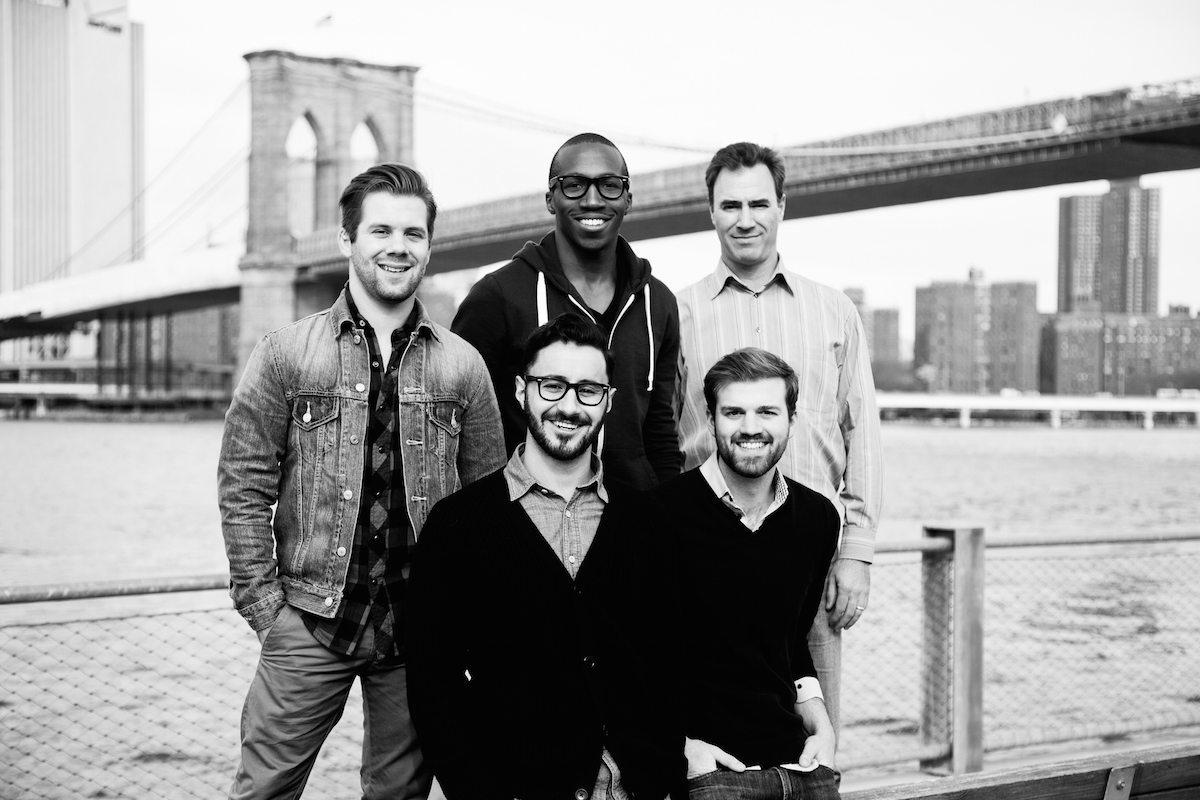The problem that crowdfunding startup WeDidIt was created to solve presented itself fairly clearly: Nonprofit groups and charities, no matter how worthy or inspiring their causes, struggle to raise enough money to carry out their missions.
That was especially true in the depths of the economic downturn, when WeDidIt cofounders Ben Lamson and Su Sanni were working to help such organizations at the Meltwater Group. Around 2010, Lamson and Sanni — who grew up in New York and credited the Boys Club of New York, a nonprofit, with transforming his life — became increasingly interested in the challenges their nonprofit clients faced. The efforts being made by nonprofit groups had little digital presence. Placing a link on their home pages or creating PayPal accounts to receive donations, Sanni recalled, were the most common tactics.
We're focusing on the data that is easily accessible out there on the web, and giving charities and nonprofits the same advantages that bigger institutions have.
At the time, Sanni ran a recording studio and production company as a side project, and soon a potential solution for the nonprofit world emerged to he and Lamson through the musical community. Artists were coming to his studio and making products with money raised through the then-new online crowdfunding service Kickstarter.
“We noticed that online and digital fundraising was something that was changing, and it was changing most quickly in the creative world,” Sanni said. “We just thought this was something that could definitely apply to charities and nonprofits, and perhaps even schools.”
Sanni and Lamson founded WeDidIt two years ago (they’re now CEO and COO, respectively), and now lead a 10-person team based out of the NYU Poly incubator in Dumbo. Their original idea has developed into a service tailored to the nonprofit world. They are aiming to “democratize” the type of sophisticated donor research and outreach operations that are currently only feasible for major universities and top-tier charities like the American Red Cross, Sanni said.
“Where our product has changed over time, and where we’re diverging from Kickstarter and IndieGoGo and other projects like that,” he said, “is we’re focusing on the data that is easily accessible out there on the web, and giving charities and nonprofits the same advantages that bigger institutions have — identifying who their donors are and what capabilities they have.”
Well over half of nonprofit organizations, Sanni estimated, lack the resources or tools to analyze data on their donor bases.
With WeDidIt, organizations are offered paid subscriptions, which includes access to a fundraising coach — the company’s term for an account manager — who helps them devise campaigns or even fine tune communications with donors. A free one-campaign plan is also available. WeDidIt takes up to 3.5 percent of the funds raised.
Standing out, as crowdfunding gets more crowded.
The approach is meant to help the startup stand out from crowdfunding’s big guns, but also fellow startups targeting the crowdfunding space for nonprofits. Also based in Brooklyn, ioby, for instance, offers fiscal sponsorship to community groups as one way of wooing customers.
In addition to coaching and data analysis, WeDidIt also offers the option of using a traditional fundraising approach, rather than the all-or-nothing campaign style popularized by Kickstarter, in which donations are committed but only paid if the project meets its goal.
Sanni pointed out that many nonprofits (universities being the most prominent example) run capital campaigns that don’t necessarily have a deadline. A school starting a $20 million push, but foregoing $18 million in commitments just because they didn’t add up to match the goal simply wouldn’t make sense.
“That would never happen,” he said. “That’s because that $18 million is still going to make a huge difference. There are definitely times to fundraise with the all-or-nothing approach, but we do traditional fundraising also, for the times when all-or-nothing doesn’t fit the bill.”
Organizations like the Los Angeles Zoo and Botanical Gardens and the National Veterans Network have already run campaigns with WeDidIt.
Join the conversation!
Find news, events, jobs and people who share your interests on Technical.ly's open community Slack
